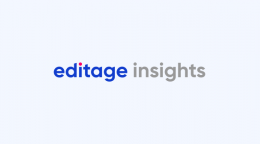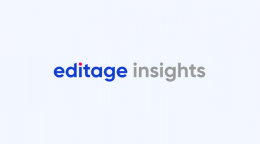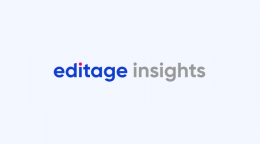The importance of avoiding salami slicing in publications: A case study

Case: An author conducted a clinical trial and after completing the project, realized that the paper included so much data that she could use it to publish at least three papers. She then planned to write three manuscripts by dividing the data. Thus, each of the three studies would report three different results of the same treatment. The population and methods for the three studies would be the same, but each would have a different introduction, and would report a different endpoint. She wrote the first of the three papers and submitted it to a journal. She then started writing the other two papers. At this stage, she sought guidance from Editage Insights on whether she should submit the other two papers to the same journal or to different journals.
Advice: We asked the author why she had decided to write three papers and whether it was possible to publish the entire study as a single paper. She affirmed that while it was possible to include all the data in a single study, she had written three papers to increase the number of her publications. Since she had cross cited the papers, she thought she was safeguarding herself against plagiarism and duplicate submission. We informed her that using the same data to publish three different papers which could very well be a single article could be considered as salami slicing. The author was unaware of the term. We informed her that salami slicing involves breaking up one study into multiple smaller segments to inflate the publication record, and is an unethical practice. As a general rule, if multiple papers share the same hypothesis, population, and methods, and can be reported as a single study, it is unacceptable practice to split the data into segmented studies. We advised her to withdraw the submitted paper from the journal and rewrite it to include all the different outcomes. This would not only be an ethical way to publish, but would also ensure that the article is more substantial. The author thanked us for preventing her from indulging in an unethical act and agreed to follow our advice.
Do you have any questions related to writing and publishing your manuscript paper?
Ask a Question
Summary: Salami slicing, also known as data fragmentation, is an unacceptable practice and should be avoided at all costs as it can give an unfair advantage to some scientists. By increasing the number of publications they can list on their resume, scientists and researchers can progress faster in their careers or receive more funding than they actually merit. Additionally, salami slicing also leads to a waste of time for readers and reviewers as they have to go through repetitive content. It also leads to distortion of scientific literature.
According to the Office of Research Integrity (ORI), it is unethical to partition a study into multiple papers if the results can be presented as a single study:
If the results of a single complex study are best presented as a ‘cohesive’ single whole, they should not be partitioned into individual papers. Furthermore, if there is any doubt as to whether a paper submitted for publication represents fragmented data, authors should enclose other papers (published or unpublished) that might be part of the paper under consideration.
However, it is not always incorrect to divide a research project into multiple publications. This can be done if the dataset is too large or if the study has a secondary finding that was not discussed in the first paper. Whenever researchers decide to divide a single study into smaller segments, they should understand that it should be done only in the best interests of research, that is, if it genuinely benefits the audience by being published as smaller segments. However, in such cases, the authors should always disclose this and provide copies of related studies at the time of submission.
Published on: Jan 15, 2016
Comments
You're looking to give wings to your academic career and publication journey. We like that!
Why don't we give you complete access! Create a free account and get unlimited access to all resources & a vibrant researcher community.

Subscribe to Conducting Research












